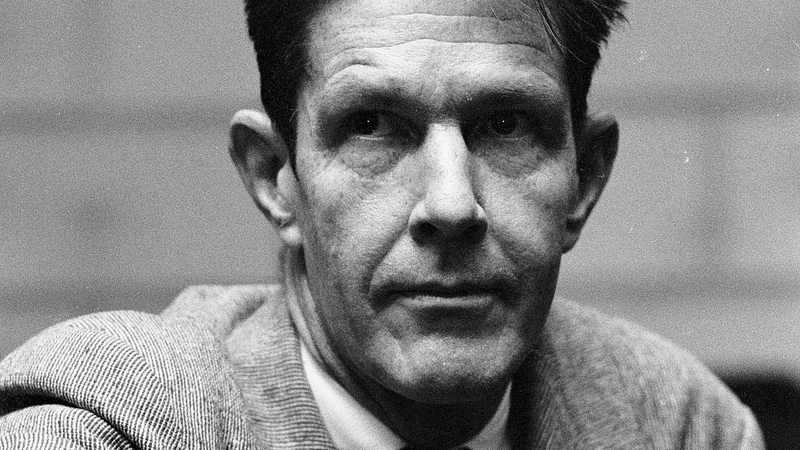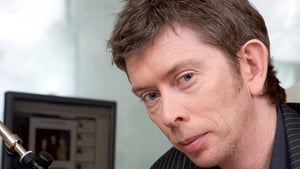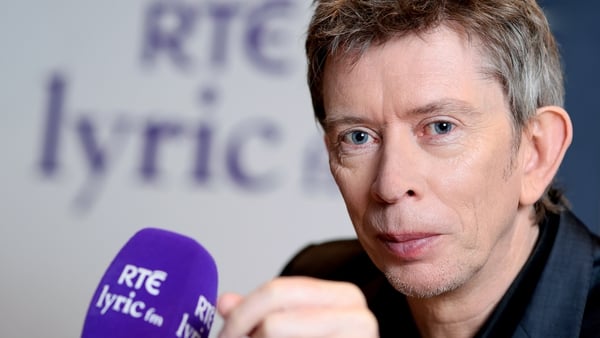In one of several conversations recorded between July 1966 and January 1967 at radio station WBAI in New York, the composer Morton Feldman complains to the composer John Cage that his trip to the beach had been ruined by transistor radios blaring out rock n' roll. It was, he says, the sort of intrusion that leaves people with a choice – either be very unhappy or surrender to it, and call it culture.
Cage listens intently, probes a bit and then responds that he had adjusted to "radio in the environment" by doing what our ancestors did in adjusting to the animals that frightened them – he incorporated the intrusion into his art. For him, this meant writing a piece of music that involved using actual radios. "Now," he says, "whenever I hear radios … I think well, they’re just playing my piece." It’s classic Cage. Brilliant, gentle, witty and wise.
We need your consent to load this YouTube contentWe use YouTube to manage extra content that can set cookies on your device and collect data about your activity. Please review their details and accept them to load the content.Manage Preferences
Listen: John Cage / Morton Feldman: Radio Happenings I - V Recorded at WBAI, New York City, July 1966 - January 1967
Feldman is also all of the above. Morty, as Cage calls him, is clearly chain-smoking throughout, perhaps in time to his intense thought processes. He’s tells Cage that he once tried to write a piece that would capture the pulsation of tyres in the rain – an exercise, he says, in embracing elements that would actually cast a shadow on his work. Again you have to stop and think. You have to wonder. It’s one idea after another; an unhurried back and forth as powerful in its silences as in its riffs.
The fact that silence can make for great radio would hardly be news to Cage. His best known piece 4’ 33" is a three movement silent work which comes with the challenging direction "Tacet, for any instrument or combination of instruments." Yes, it’s often and easily ridiculed and yes, perhaps it’s no more than an idea about silence and listening, but it’s an important idea even so. One of the better known quotes from the endlessly quotable Cage goes as follows: "There is no such thing as an empty space or an empty time. There is always something to see, something to hear. In fact, try as we may to make a silence, we cannot."
We need your consent to load this YouTube contentWe use YouTube to manage extra content that can set cookies on your device and collect data about your activity. Please review their details and accept them to load the content.Manage Preferences
Listen: John Cage's 4'33'', performed by the Berlin Philharmonic in 2020
The best artists enable us to see or hear things in a new way, and Cage will constantly do just that. Whether he makes you reconsider silence itself, or directs you to the endless pleasure of sound well beyond the confines of the "beautiful." I’m reminded that, in the presence of a friend of mine, Cage once became fascinated by the sound of pool balls being sunk in the corner pocket, and later commented with approval on the ping of an elevator door. "The first question I ask myself," he says, "when something doesn't seem to be beautiful, is why do I think it's not beautiful. And very shortly you discover that there is no reason."
Feldman, whose approach to music is also a revelation – sonically, philosophically and every other way - is also a good man for the quote. "I took a militant attitude towards sounds. I wanted sounds to be free as a human being might be free… it (music) is some kind of life force that to some degree really changes your life... if you’re into it."
If we could hang out more often with Feldman and Cage, we’d all be into it.
Mystery Train with John Kelly, RTÉ lyric fm, Mon - Thu @ 7pm - listen back here. Watch highlights from The Works Presents with John Kelly here.


